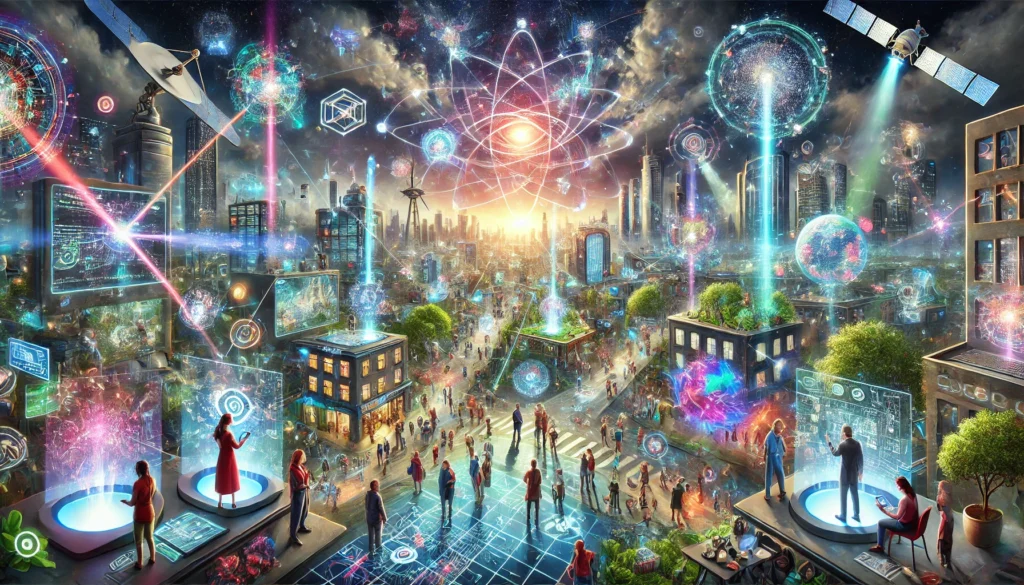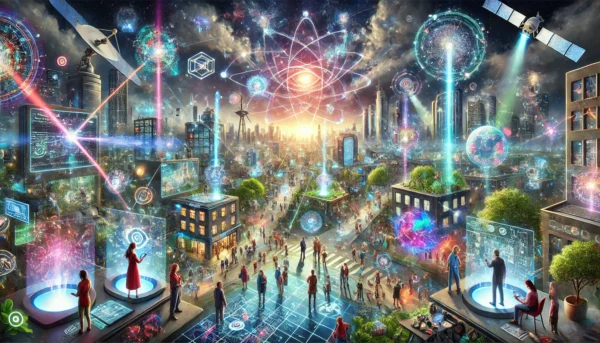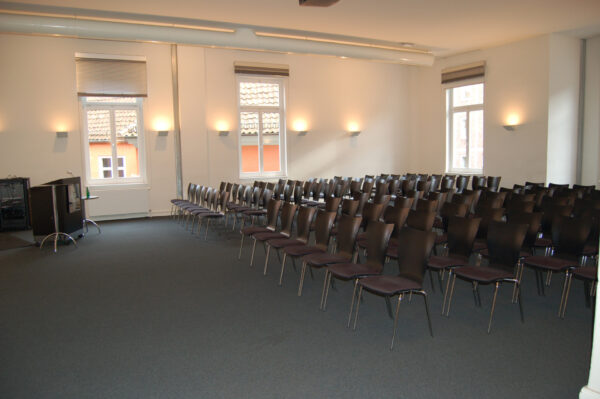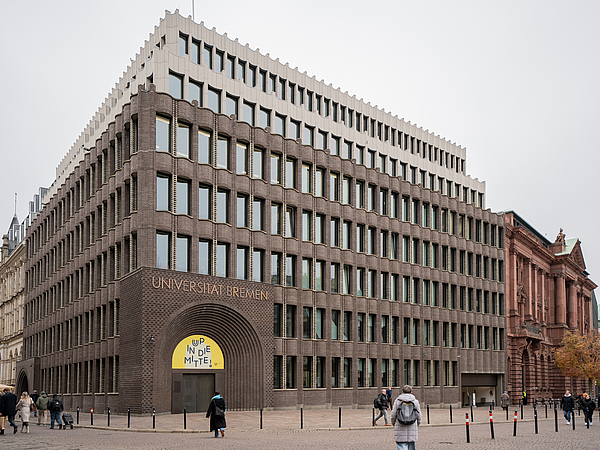
20 Jahre in die Zukunft: Was ist unsere Vision von Medien, Daten und Gesellschaft?
- Datum: 22. October 2025 – 24. October 2025
- Ort: Forum am Domshof & Haus der Wissenschaft Bremen
Internationale wissenschaftliche Jubiläumstagung des Zentrums für Medien-, Kommunikations- und Informationsforschung (ZeMKI) der Universität Bremen
Übersicht: Download im PDF-Format
Book of Abstracts: Download im PDF-Format

Tagungsthema & Anmeldung
Details zum Tagungsthema, zum Call for Papers und zur Teilnahmeregistrierung
20. August 2025

Tagungsprogramm
Programm der wissenschaftlichen ZeMKI-Jahrestagung 2025: „20 Jahre in die Zukunft: Was ist unsere Vision von Medien, Daten und Gesellschaft?“
20. August 2025

Anreise, Orte, Unterkünfte
Informationen zur Anreise, den Tagungsorten innerhalb der Bremer Innenstadt und zu einer Auswahl möglicher Unterkünfte
20. August 2025

